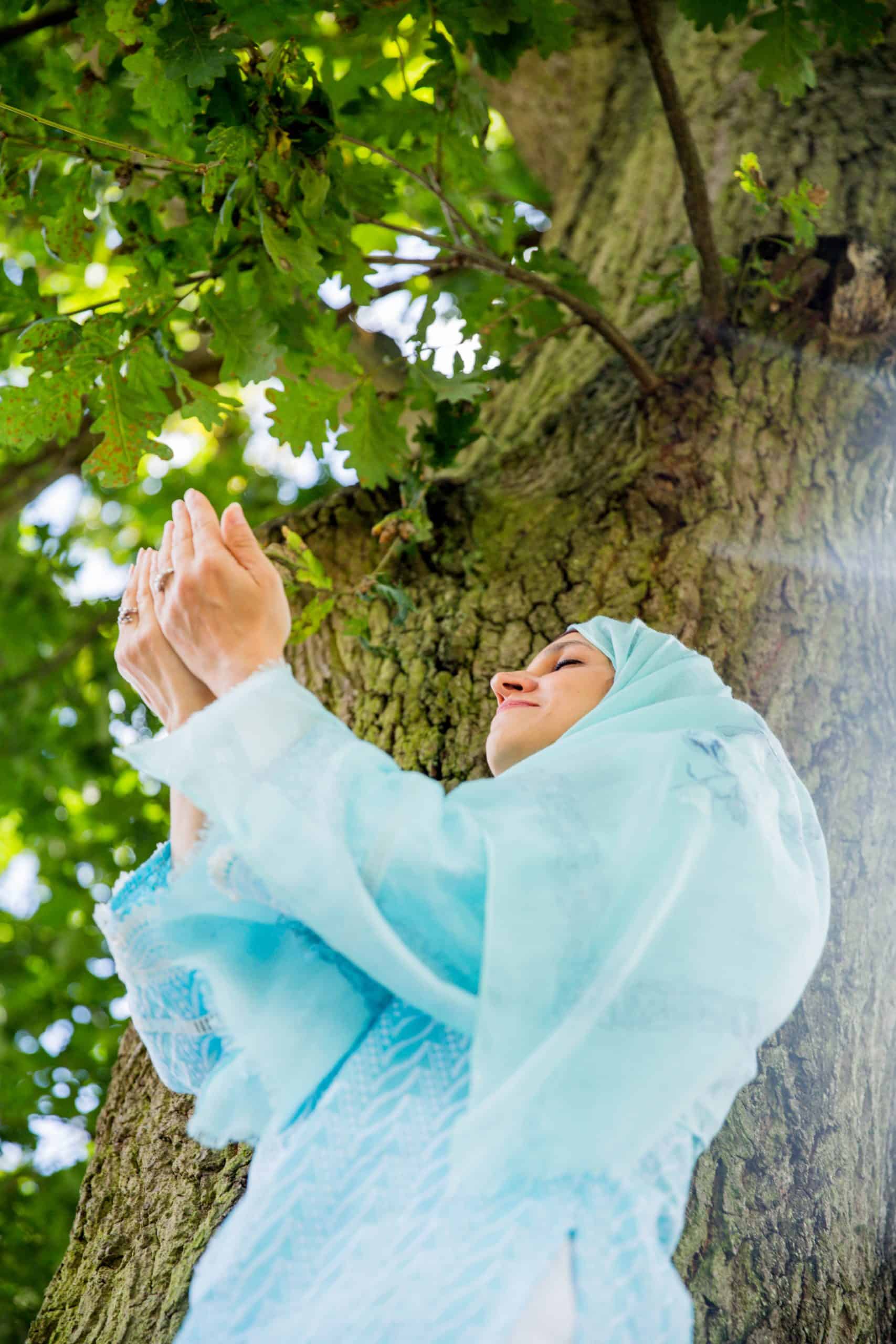Be careful what you pray for

Never make a bad dua
The Prophet (peace be on him) was sent to make us become better people and as part of this he showed us how to deal with our anger.
Anger can overwhelm us and in the heat of the moment we can say things we regret. In particular, we may make duas against ourselves or those we love out of frustration.
Jabir (may Allah be pleased with him) reported that the Messenger of Allah (peace be on him) said:
Do not invoke curses on yourself or on your children or on your possessions lest you should happen to do it at a moment when the supplications are accepted, and your prayer might be granted. (Muslim)
In another narration he warned us against making dua against our children, servants and property in case it is the time of acceptance of dua and is granted.
Jabir bin ‘Abd Allah reported the Messenger of Allah (peace be on him) as saying:
Do not invoke curse on yourselves, and do not invoke curse on your children, and do not invoke curse on your servants, and do not invoke curse on your property, lest you happen to do it at a time when Allah is asked for something and grants your request. (Abu Dawud)
Do not make negative duas
Umm Salamah (may Allah be pleased with her) narrated that the Messenger of Allah (peace be on him) said:
Do not supplicate to Allah anything except that which is good for you (i.e. do not say anything which goes against you), because the angels (who are present), say “Amin” (asking Allah to accept your invocation) to whatever you say. (Muslim)
Only ask for what is good, because the angels are present when you make dua and they say ‘amin’ to any dua you make- whether it is good or bad. If it is accepted, you will regret it.
What should you do when you are angry
Stay silent. Never make a supplication in anger – it might hit your children or friends or belongings. Follow the sunnah on how to cool down. Train yourself not to lash out with your words.
In Surat al Isra, Allah Almighty says that we are hasty and ask for bad things to happen out of our frustration.
The human being prays for evil as he prays for good. The human being is ever hasty. (17:11)
In Surat al Yunus:
Were Allah to speed up the ill for people, as they wish to speed up the good, their term would be fulfilled. (10:11)
Sometimes Allah Almighty responds to a supplication you regretted, and sometimes He doesn’t.
Parents who are upset with their children
Some people say to me that their children are rebellious, and do not do what they should, but after many years they finally have good relations with them and they regret they made bad duas for them. Instead of wishing bad for someone, only wish for good.
The prophetic example
When the Prophet (peace be on him) was bleeding and injured after being pelted by stones in Ta’if, he could easily have cursed them, but instead he made for Allah to guide them. On countless occasions he did this.
Duas are accepted at certain times, and Allah Almighty accepted the dua of the Prophet (peace be on him) to open Omar and Khalid bin Walid’s hearts to Islam even though they had been so antagonistic towards it.
The power of duas to change people
I met a young lady whose her mother was so fed up with her, she did not know what to do, so she went for Hajj and made lots of dua for her daughter. When she returned, her daughter had changed. Duas are powerful tools. Utilise them well.
Make good duas for your family and work. Make dua continuously. Follow the prophetic guidance and don’t make dua against your loved ones.
Always make good duas. Inshallah Allah will accept them and make our families better and replace anger with happiness, illness with good health.
I ask Allah Almighty to accept our good deeds and dua and control our anger. Ameen.
Thought for the Week – 11th September 2020
Recommended Posts

How Allah strengthens the hearts of believers
April 19, 2024

Don’t be a Ramadani person – Be a Rabbani person.
April 10, 2024

